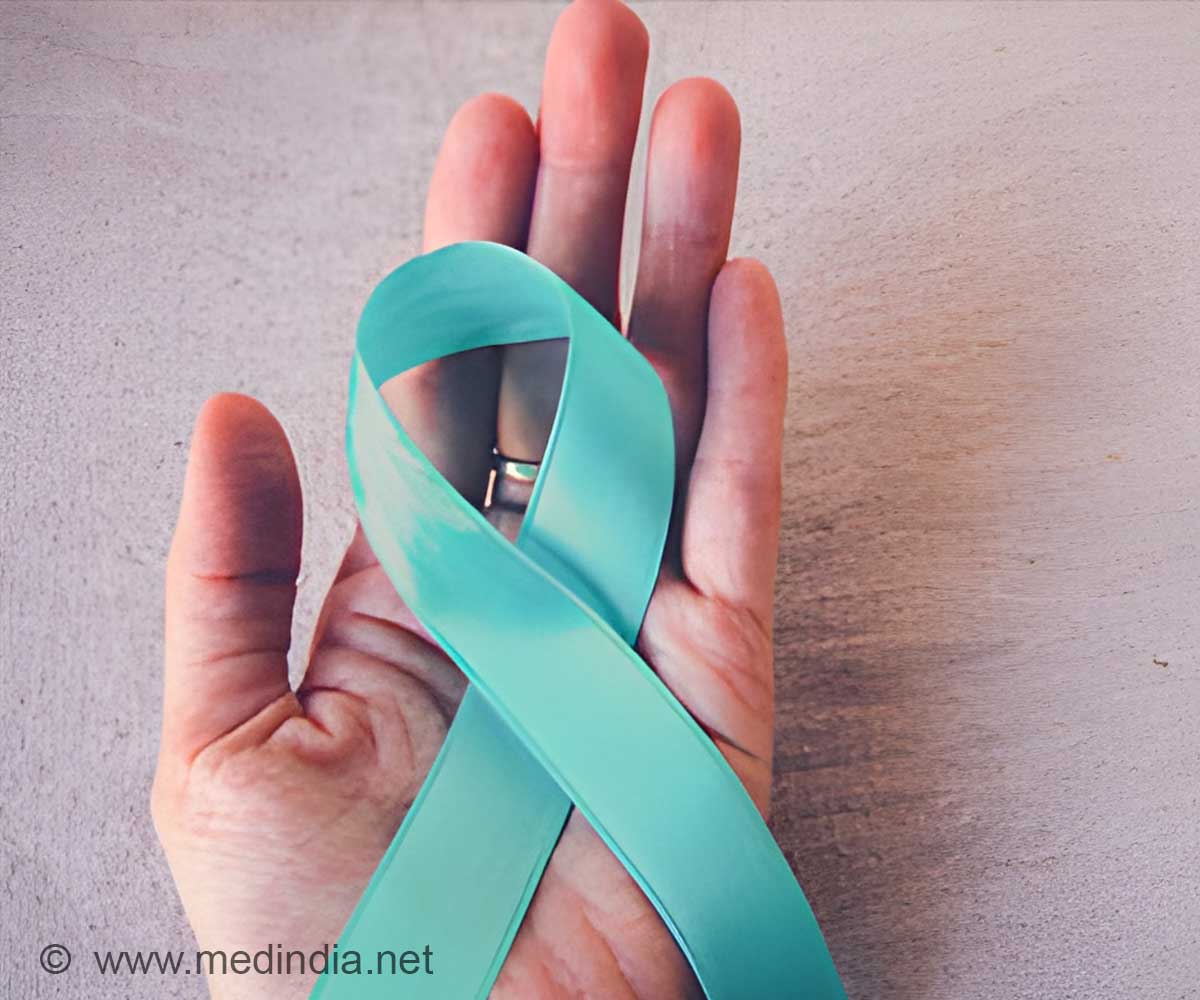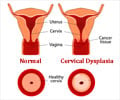Cervical cancer can often be successfully treated when it's found early. It is usually found at a very early stage through a Pap test.

‘Treatment for early stage cervical cancer - cancer that is confined to the cervix - has a good success rate. The further the cancer has spread out of the area it originated from, the lower the success rate tends to be.’





That cure will probably involve radiation or chemotherapy, and the outcomes are less certain," noted Dr Gupta. She further listed down 10 signs and symptoms of cervical cancer which every woman should know. Abnormal vaginal bleeding: Most women diagnosed with cervical cancer experience irregular bleeding. An untimely bout of vaginal bleeding that occurs regularly could be an indicator of cervical cancer. Such bleeding may happen between menstrual periods, after sexual intercourse, after menopause and even after a pelvic exam.
Pelvic pain: Along with abnormal bleeding, Dr Gupta refers to pelvic pain as "one of the biggies." She says the pain could be diffuse or it could show up in any area of your pelvis. It could also range from a sharp pain to a dull ache. Especially if the pain is new or doesn't seem related to your menstrual cycle, you'll want to let your doctor know about it.
Strange Discharge: A cloudy, foul-smelling discharge is also a potential red flag, said Dr Gupta. "The discharge could also be watery."
Fatigue: She revealed another symptom that can make you feel fatigued or sluggish. "This isn't the first symptom I'd look for, but it could be present."
Advertisement
Discomfort while Urinating: Cervical cancer can also cause discomfort during urination. In fact, it is one of the most obvious and prevalent symptoms of this deadly disease. Urinary discomforts include burning, stinging or a tight sensation while urinating. Such symptoms occur when the cancer has spread to nearby tissue. This requires immediate attention to prevent further damage.
Advertisement
Unexplained Weight Loss: As with other forms of cancer, unexplained weight loss can indicate cervical cancer. When suffering from cancer, the immune system works hard to fight it. The body produces small proteins called cytokines, which break down fat at a much higher rate than normal. This leads to weight loss, irrespective of your diet. If you are suddenly losing weight and have some of the other symptoms mentioned in this article, it could be due to cervical cancer. It's important that you get a medical checkup.
Changes to bowel movements: Peeing often or feeling like you always have to go are symptoms associated with the disease. She explained that experiencing these symptoms for less than a week isn't anything to worry about. But if they stick around or become worse, it's time to see someone.
You smoke (or used to smoke): Yes, this is a risk factor, not a symptom. But smokers and former smokers should know their tobacco habit could roughly double their risk for the disease, as per a study in the International Journal of Cancer.
Source-ANI














